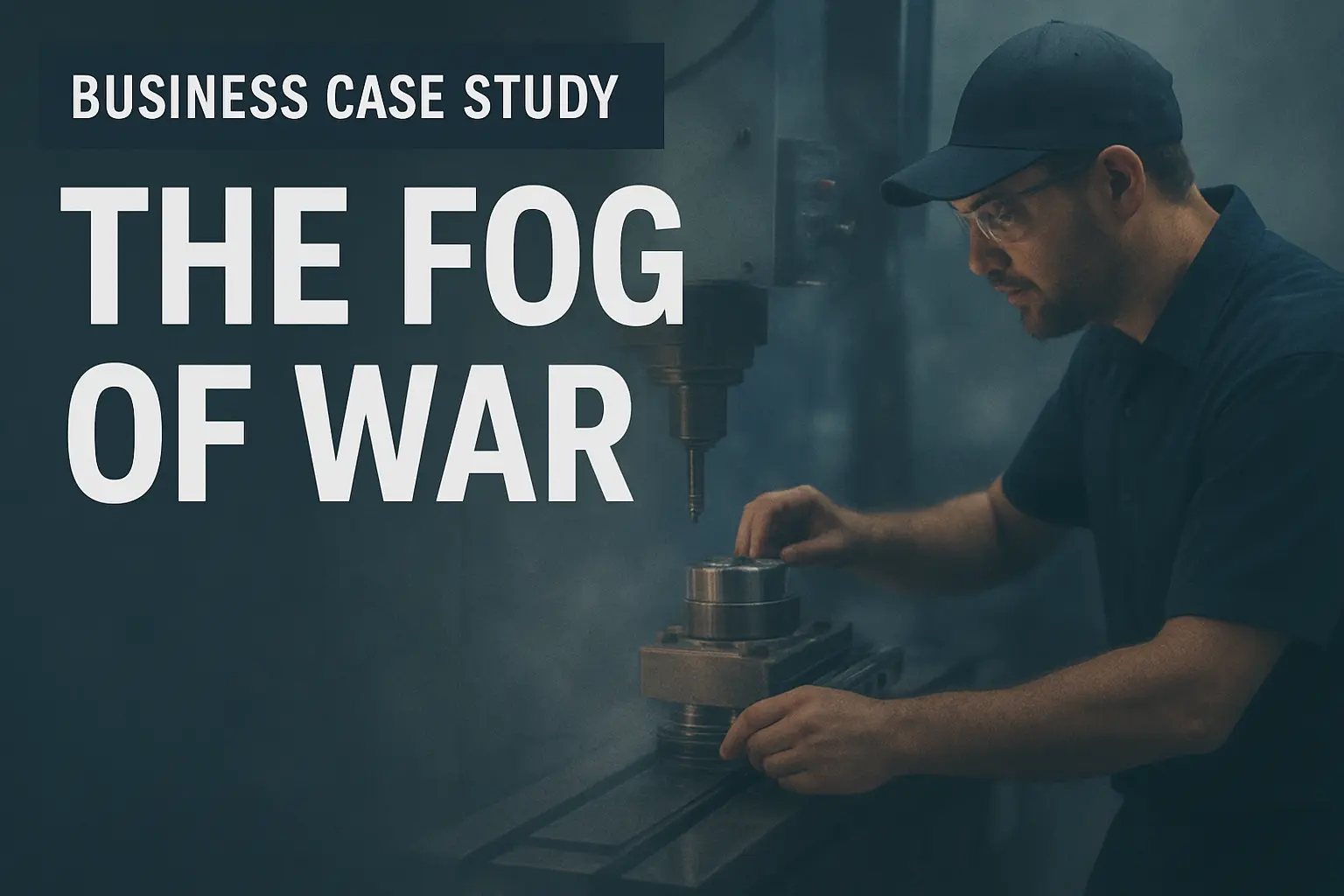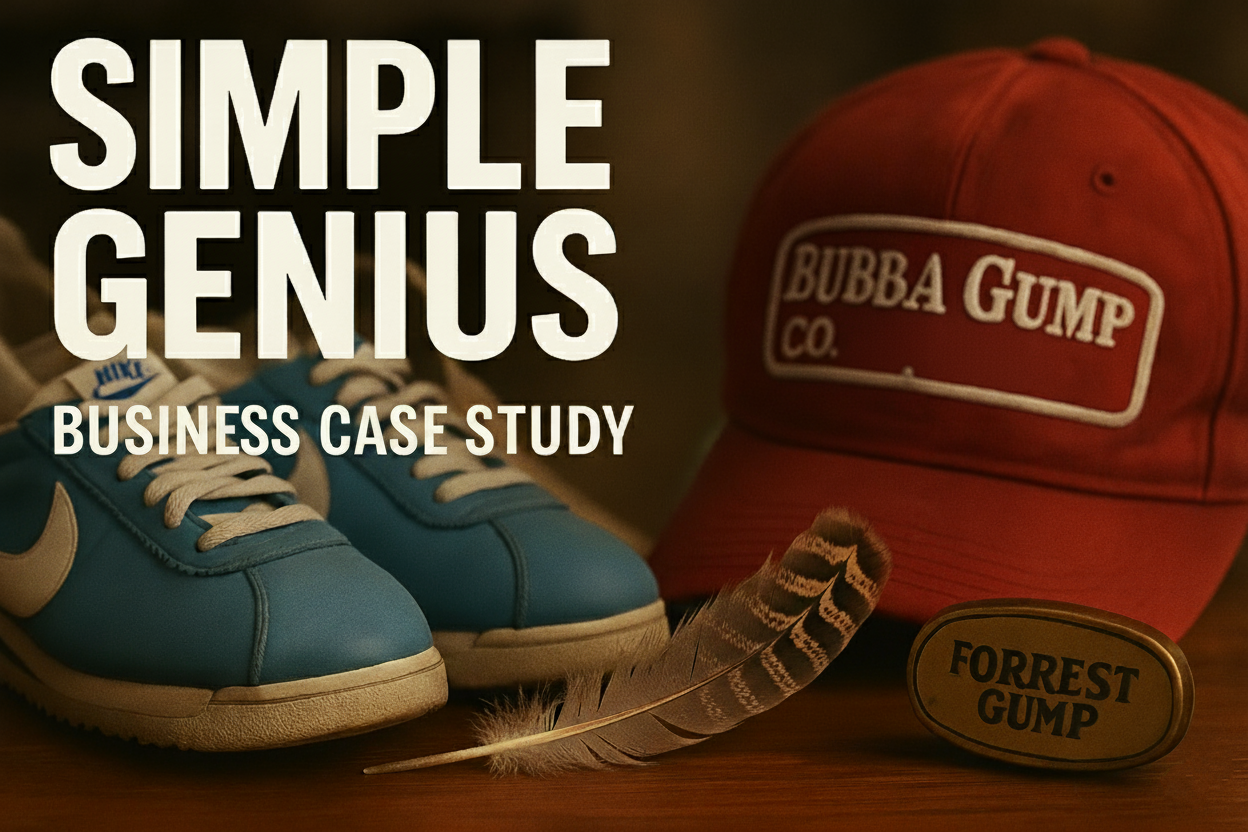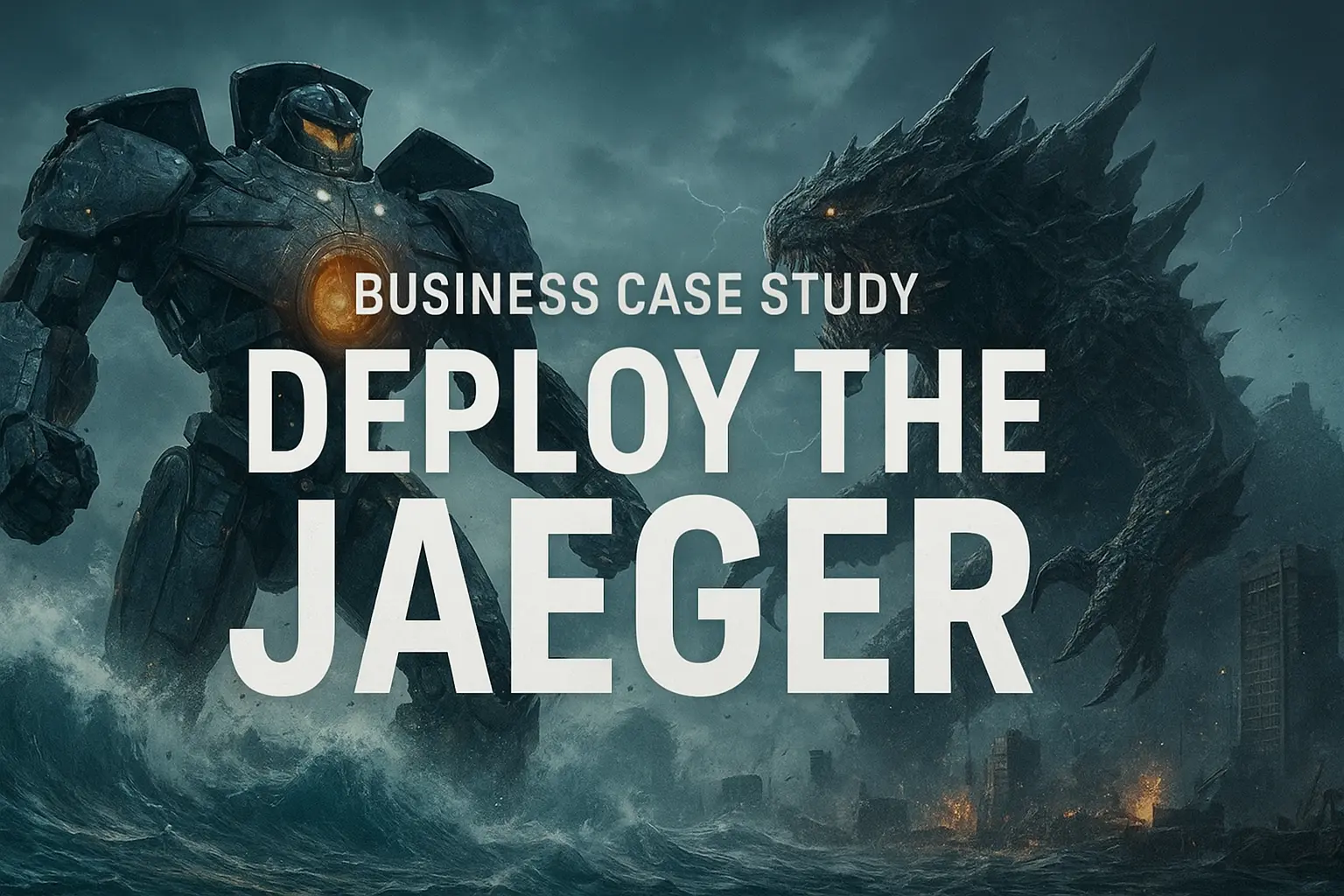 Case Studies Club
Where Strategic Minds Meet
Case Help
Case Studies Club
Where Strategic Minds Meet
Case Help
The Tainted Gift Dilemma
Navigating Ethics, Law, and Legacy After a Controversial Donation
After receiving a $2 million grant from FTX’s charitable foundation, Horizon Initiative faces legal and ethical challenges following the crypto company's collapse. The organization must now decide whether to return the funds, defend its right to keep them, or pursue a middle ground—all while balancing stakeholder trust, mission impact, and reputational risk.
Core Themes:
Turn Business Challenges Into Strategic Wins
Browse our Insights Marketplace for frameworks and tools that drive results
Explore MarketplaceOverview
A philanthropic windfall can be a blessing or a ticking time bomb. When a charitable organization receives a sizable donation from an influential donor, it rarely questions the origins of the funds. However, as history has demonstrated, the fallout from fraudulent financial empires can extend far beyond the swindled investors, ensnaring well-meaning nonprofits in legal and ethical battles. The recent collapse of FTX and the ensuing clawback litigation raise a critical decision: should a nonprofit return funds obtained from a now-disgraced donor, or fight to retain them in the name of its mission?
Analyzing this case requires a multi-faceted approach. We must weigh the legal implications, public perception, and financial consequences. With stakeholders on all sides—defrauded investors, nonprofit leadership, donors, and the broader community—this is not a decision to be made lightly. The key factors at play demand careful evaluation of possible courses of action, each carrying distinct advantages, drawbacks, and long-term implications.
Backstory
The nonprofit in question, which we will refer to as Horizon Initiative, has long been a respected player in the social impact sector, focusing on educational equity and technological literacy. Over the years, its work has expanded rapidly, fueled by strategic partnerships and high-profile donations. A year ago, Horizon received a $2 million grant from the charitable arm of FTX, then a rising force in the financial world. The donation was a game-changer, allowing Horizon to expand its scholarship programs and fund cutting-edge research on blockchain applications in education.
However, when the empire of FTX came crashing down, the narrative changed overnight. Samuel Bankman-Fried's conviction sent shockwaves through financial markets, and bankruptcy officials moved aggressively to recover assets—including philanthropic contributions made with misappropriated funds. The looming legal battle p...
🔓 Unlock This Case Study
Access full cases, analysis, recommendations, and community insights


